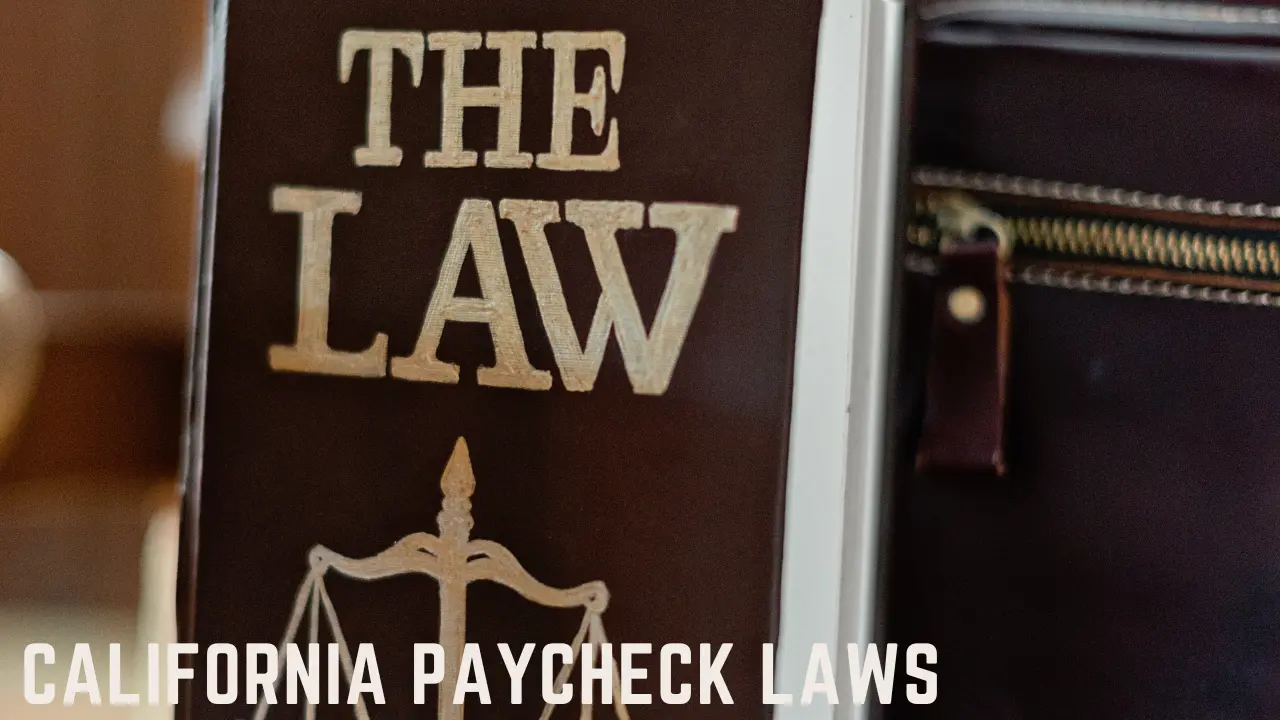Imagine the California sun setting as you’re still at your desk, hours ticking beyond your usual work time, with the promise of compensation for this overtime. Yet, are you aware of the rules that dictate when this mandatory overtime is required and how it’s calculated?
There are three key scenarios in California’s labor laws where this becomes essential. As you navigate through your employment journey, it’s important to fully comprehend these nuances, not only to ensure you’re fairly compensated, but also to protect your rights.
Let’s peel back the layers of this complex yet crucial aspect of employment in California.
Understanding California’s Regular Rate of Pay
In California, understanding your regular rate of pay, a critical component of your compensation structure, is essential whether you’re an hourly worker, salaried employee, or a worker paid by piece or commission.
Your regular rate isn’t just your hourly wage; it might also include bonuses and benefits. However, holiday bonuses, gifts, or stock-related income aren’t part of this calculation.
This rate is the basis for your overtime payment, which is usually 1.5 times your regular rate for any hours worked beyond your standard schedule.
Additionally, your regular rate plays a crucial role in wage claim filings. So, it’s not just about what’s in your paycheck today, but what could affect your financial future.
Inclusions and Exclusions in Overtime Calculation
Understanding what’s included and what’s excluded in your overtime calculation is as crucial as knowing your regular rate of pay.
Inclusions typically include your hourly wage, piece rates, bonuses, and benefits, which all contribute to your regular rate.
Exclusions, however, usually consist of gifts, holiday bonuses, and stock-related income. These don’t factor into your regular rate, hence they’re not considered in overtime calculations.
This baseline, your regular rate, is then used to calculate your overtime pay. In California, it’s typically 1.5 times your regular rate for any hours beyond the standard schedule.
However, be aware that double time pay may apply in certain scenarios of excess hours worked. This understanding is vital for accurate wage claim filings and to ensure you’re correctly compensated.
Alternative Work Schedules and Overtime Policies for Mandatory Overtime
When you’re navigating through alternative work schedules, it’s crucial to know how these changes can impact your overtime pay under California’s specific regulations. Alternative work schedules, such as the 4/10 workweek or 9/80 schedule, rearrange workweek hours. Understanding how these unconventional hours influence overtime calculations is essential.
In California, overtime is typically paid at 1.5 times your regular rate for hours worked beyond the standard schedule. Certain scenarios may even warrant double time pay. It’s important to remember that California’s overtime laws differ from federal regulations.
Stay informed about these specific state requirements to ensure you’re receiving the correct compensation for your hard work. Understanding these nuances can help protect your rights and your paycheck.
Conclusion
In conclusion, understanding when mandatory overtime is required in California is crucial to protect your rights and ensure fair compensation. Your regular rate of pay, including certain bonuses and excluding others, determines your overtime pay. Also, remember that alternative work schedules affect overtime policies.
Stay informed and safeguard your employment rights in the Golden State. Remember, California’s rules differ from federal regulations, so make sure to keep yourself updated.







